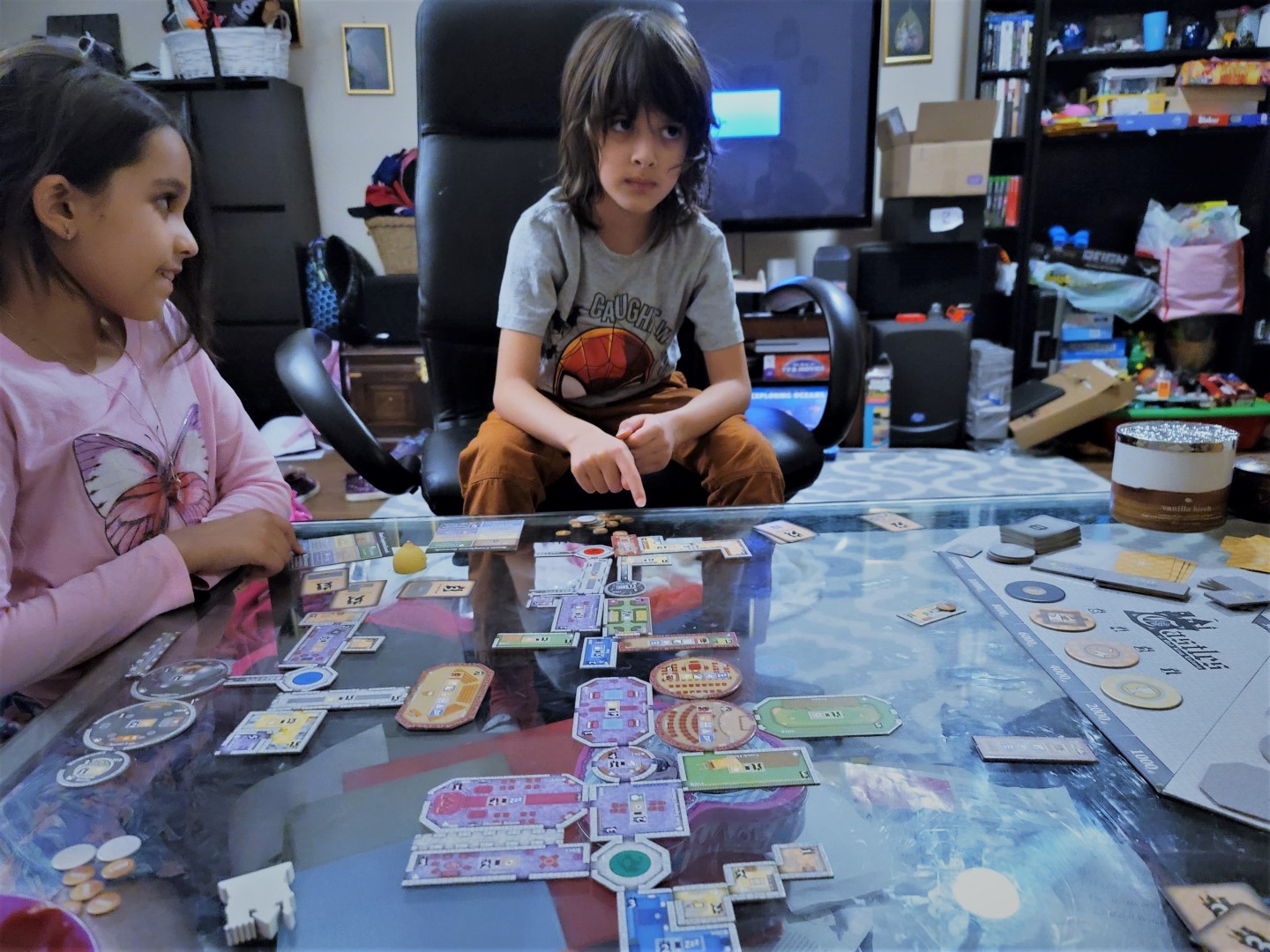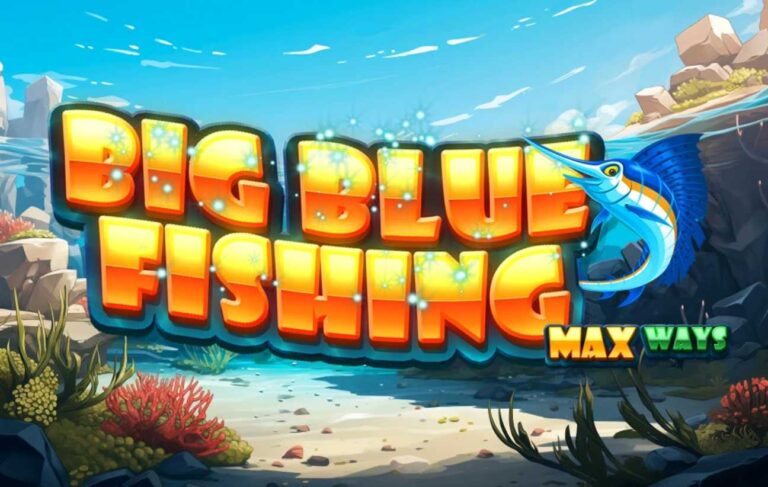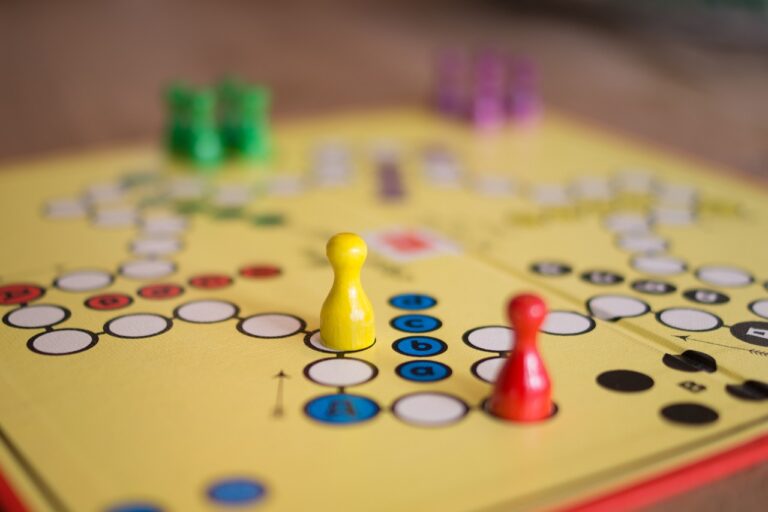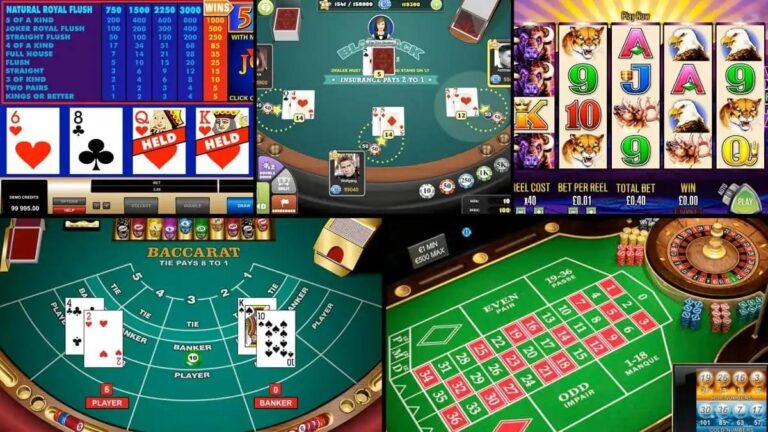Board Games’ Educational Power in Student Learning
Imagine yourself in a room filled with students, huddled around a table, their faces illuminated by the soft glow of a board game board. Laughter and friendly banter fill the air as they engage in a battle of wits, strategy, and skill. This captivating scene is not just a moment of leisure; it’s a powerful example of how board games have become indispensable tools for learning, capable of captivating the hearts and minds of both young and old alike. Exploring the educational power of board games can not only make learning enjoyable but also offer valuable insights and skills that will benefit students far beyond the classroom, making it a unique and engaging approach that can even help students ‘do my assignment‘ with greater confidence and proficiency.

In our rapidly evolving world, education stands as the cornerstone of progress and development. It shapes the future of individuals and societies, empowering them to navigate the complex challenges of the 21st century. As we strive for innovation, creativity, and adaptability, it becomes increasingly clear that traditional educational approaches alone may no longer suffice. Hence, we must explore unconventional avenues, and one such avenue is the world of board games.
Historical Perspective
The history of board games is a tapestry woven with threads of entertainment, competition, and intellectual stimulation. From ancient civilizations such as the Egyptians and Mesopotamians to the medieval courts of Europe, board games have been a constant presence in the human narrative. These games, often a reflection of societal values and aspirations, have transcended time and culture, providing both amusement and enlightenment to generations past.
While board games have always held a place in leisure activities, their transformation into educational tools is a testament to their versatility. As societies began to recognize the value of play in learning, board games were redesigned with specific educational objectives in mind. This evolution marks a pivotal shift, acknowledging that education need not be confined to classrooms but can be found in the heart of a game.
Early examples of educational board games, like “The Mansion of Happiness” in the 19th century and “Chutes and Ladders,” showed how play could be intertwined with moral lessons and basic arithmetic skills. These pioneering games laid the groundwork for a burgeoning industry that would go on to produce a plethora of educational board games designed to impart knowledge while delighting players. The roots of this movement, deeply embedded in history, have paved the way for the educational board games that continue to enrich the minds of students today.
Cognitive Development
Within board games, students are faced with a constant stream of complex decisions, each demanding critical analysis. Whether it’s choosing the optimal move in chess or navigating a web of possibilities in Settlers of Catan, board games challenge players to assess situations, anticipate outcomes, and make decisions that align with their objectives. This process of strategic thinking hones critical thinking skills, fostering an innate ability to dissect problems and formulate solutions—a skill set that extends far beyond the game board.
The educational power of board games extends beyond the realm of fun and games; it equip students with critical thinking and problem-solving skills, fostering their academic prowess and self-reliance, and growing the need for a paper writing service more frequently. In the world of board games, success is often the reward of shrewd strategy and clever tactics. Players must formulate plans, adapt them in response to changing circumstances, and execute their moves with precision. Such experiences nurture not only strategic thinking but also the capacity to plan, evaluate, and adapt—a cognitive toolkit that proves invaluable in academic pursuits and everyday life.
Board games frequently require players to engage with mathematical concepts. From counting spaces in Snakes and Ladders to calculating probabilities in Risk, these games embed mathematics in a playful context. As students immerse themselves in these numerical challenges, they gain fluency in essential mathematical operations and concepts, building a foundation that can be applied in mathematics courses and beyond.
Many board games involve recognizing and exploiting patterns, be it in the arrangement of game pieces or the sequence of events. The ability to identify and leverage patterns is not only an asset in games like Connect Four but also a skill relevant to various scientific disciplines, problem-solving endeavors, and artistic expressions.
Board games encompass a vast array of genres, and among them, word games and language-rich board games stand out as linguistic treasure troves. Scrabble, Bananagrams, and Boggle, for instance, immerse players in wordplay, enhancing vocabulary, spelling, and language comprehension. These games turn learning into a thrilling linguistic adventure, where players grapple with words and meanings, all while having a great time.
In a world increasingly dominated by digital communication, board games offer a refreshing opportunity for face-to-face interaction. Players must articulate their thoughts, negotiate with opponents, and convey their intentions effectively to succeed. These interpersonal skills, honed during gameplay, translate into improved communication abilities, making students more adept at expressing ideas and collaborating with others, whether in school projects or professional settings.
Social Development
Cooperative board games are a unique breed where players join forces, not to defeat each other, but to conquer challenges together. Titles like “Pandemic” and “Forbidden Island” require players to pool their collective wisdom, strategize, and work as a cohesive unit. This collaborative spirit nurtures teamwork skills, as students learn the art of coordination, sharing responsibilities, and supporting one another in the pursuit of a common goal. These experiences extend far beyond the board, preparing them for a future where collaboration is a cornerstone of success.
Board games often necessitate negotiation and compromise, especially when competing interests clash. Whether it’s bartering for resources in “Catan” or orchestrating complex alliances in “Diplomacy,” students are thrust into situations where diplomacy and conflict resolution are essential. Through these interactions, they cultivate the ability to find middle ground, appreciate diverse perspectives, and reach agreements that satisfy all parties—an invaluable skill set for navigating real-world interpersonal dynamics.
Board games serve as catalysts for meaningful conversations. While immersed in play, students engage in discussions ranging from game strategy to personal anecdotes, fostering open dialogue and communication skills. These conversations transcend the immediate context of the game, promoting a sense of connection and camaraderie among players. Such interactions lay the groundwork for effective communication in all aspects of life.
Board games offer a natural setting for forging and strengthening bonds with peers. Sharing the thrill of victory and the disappointment of defeat creates lasting memories and deepens relationships. Students learn to appreciate each other’s strengths and quirks, fostering a sense of belonging and solidarity. These connections extend beyond the game table, contributing to a supportive and inclusive social environment within schools and communities.
Board games provide a controlled environment for students to experience the spectrum of emotions associated with both success and failure. Winning elicits feelings of accomplishment while losing can lead to disappointment or frustration. Learning to navigate these emotions gracefully teaches resilience, sportsmanship, and emotional regulation. Students develop the capacity to handle triumphs with humility and losses with grace, skills that serve them well throughout their lives.
Board games often require students to step into the shoes of others, understanding their motivations and anticipating their moves. This exercise in empathy enhances their emotional intelligence, allowing them to better comprehend the emotions and intentions of those around them. As they gain insight into the minds of their opponents and allies, students become more adept at building meaningful relationships and resolving conflicts with empathy and sensitivity.
Emotional Development
Board games present players with a series of obstacles, setbacks, and unexpected twists. These challenges foster resilience as students learn to adapt, persist, and overcome adversity. The experience of facing defeat and bouncing back cultivates a mindset of resilience that equips them to tackle academic challenges, personal setbacks, and professional obstacles with determination and optimism.
Board games provide a safe space for making mistakes and learning from them. Each misstep becomes a valuable lesson, encouraging students to analyze their decisions, improve their strategies, and make better choices in subsequent rounds. This process of trial and error fosters a growth mindset, where setbacks are viewed as opportunities for growth and improvement.
Success in board games, whether through strategic brilliance, creative problem-solving, or teamwork, boosts students’ self-esteem. These achievements, however small they may seem, reinforce the belief in their abilities and competence. Over time, this heightened self-confidence transcends the game board, empowering students to tackle academic challenges with self-assurance and face life’s uncertainties with resilience.
Board games often reveal hidden talents and strengths in players. Whether it’s excelling in deductive reasoning, leadership, or creativity, these games provide a platform for individuals to recognize their unique abilities. As students identify their strengths through play, they gain clarity about their interests and aptitudes, aiding them in making informed decisions about their educational and career paths.
Amid the hustle and bustle of academic life, board games offer a therapeutic escape. Engaging in gameplay provides a break from the demands of school, a chance to unwind, and an avenue for stress relief. The immersive, enjoyable experience of board games allows students to recharge their mental and emotional batteries, ultimately contributing to their overall well-being.
Creating a positive and enjoyable learning environment Incorporating board games into educational settings creates an atmosphere of enjoyment and enthusiasm for learning. When students associate learning with enjoyment, they become more motivated and eager to participate actively in their education. The positive learning environment fostered by board games extends beyond the classroom, promoting lifelong curiosity and a passion for learning.
Practical Application in Education
Board games can seamlessly integrate into classroom curricula across various subjects. Teachers can use games like “Risk” to teach geography, “Ticket to Ride” for history lessons, or “Codenames” for vocabulary development. These engaging tools not only make learning fun but also facilitate active participation, enhancing students’ understanding and retention of academic content.
Subject-specific educational board games are tailored to reinforce specific learning objectives. Games like “Math Bingo” for mathematics or “History of Art” for art history immerse students in subject matter in an interactive and enjoyable way. These games provide a dynamic alternative to traditional teaching methods, catering to diverse learning styles and abilities.
Gamification, the process of incorporating game elements into non-game contexts, has been shown to boost student engagement and motivation. By transforming learning into an exciting and interactive experience, board games capture students’ attention and drive them to actively participate in the learning process. The intrinsic rewards of mastering game challenges fuel a thirst for knowledge that extends to academic pursuits.
Board games promote active learning, encouraging students to apply their knowledge and skills in practical scenarios. This hands-on approach enhances their understanding and retention of academic content, as they grapple with real-world challenges within the framework of the game. The dynamic nature of gameplay compels students to think critically, make decisions, and internalize information, making learning a memorable and enjoyable endeavor.
Across the globe, educational institutions are recognizing the transformative potential of board games. Case studies of schools that have embraced board games as educational tools serve as inspiring success stories. These institutions have reported enhanced student engagement, improved academic performance, and a more vibrant learning atmosphere.
The impact of board games on academic performance is measurable and profound. Reports of increased test scores, improved problem-solving abilities, and heightened enthusiasm for learning demonstrate the tangible benefits of incorporating board games into education. Moreover, students report higher levels of satisfaction and a renewed passion for learning when games become an integral part of their educational journey.
Challenges and Considerations
While board games offer numerous benefits, their accessibility can be hindered by cost and availability. Some educational institutions may struggle to procure a diverse collection of board games due to budget constraints. Addressing this challenge requires creative solutions, such as seeking grants, collaborating with local libraries, or encouraging donations to expand game libraries.
In an increasingly digital world, the allure of video games and online platforms can overshadow traditional board games. Educators must navigate this digital landscape carefully, acknowledging that digital alternatives can also offer educational value. Finding a balance between physical board games and digital adaptations ensures that students benefit from a well-rounded educational experience.
Selecting age-appropriate board games is crucial to ensuring that the educational benefits are maximized. Games that are too complex or too simplistic may not align with students’ cognitive abilities, resulting in frustration or boredom. Educators and parents must carefully curate game selections based on students’ developmental stages and individual needs.
Striking the right balance between complexity and engagement is essential. Overly complicated games may discourage students, while overly simplistic ones may fail to challenge them adequately. Educators and parents must assess the suitability of each game, considering factors such as the game’s rules, learning objectives, and the students’ prior knowledge.
Evaluating the impact of board games on student learning can be a complex endeavor. Standardized assessments may not capture the full spectrum of benefits, including improved social skills, emotional development, and teamwork. To address this challenge, educators may need to develop specialized assessment tools that align with the unique goals of using board games as educational tools.
Tracking the long-term impact of board games on student learning and development requires ongoing research and evaluation. This entails collecting data on academic performance, social interactions, and emotional well-being over time to assess the sustained benefits. Collaborative efforts between educators, researchers, and policymakers can shed light on the efficacy of board games as educational aids and inform future strategies for integration.
In conclusion, board games represent a treasure trove of educational opportunities, offering a holistic approach to student development. From cognitive growth and social skills to emotional resilience and practical application in education, the potential of board games is vast. While challenges exist, their potential to revolutionize learning and foster well-rounded individuals cannot be denied. As educators and parents alike recognize the profound educational value within the world of board games, a brighter, more engaging future for education emerges—one where learning is a delightful journey filled with discovery, camaraderie, and personal growth.





